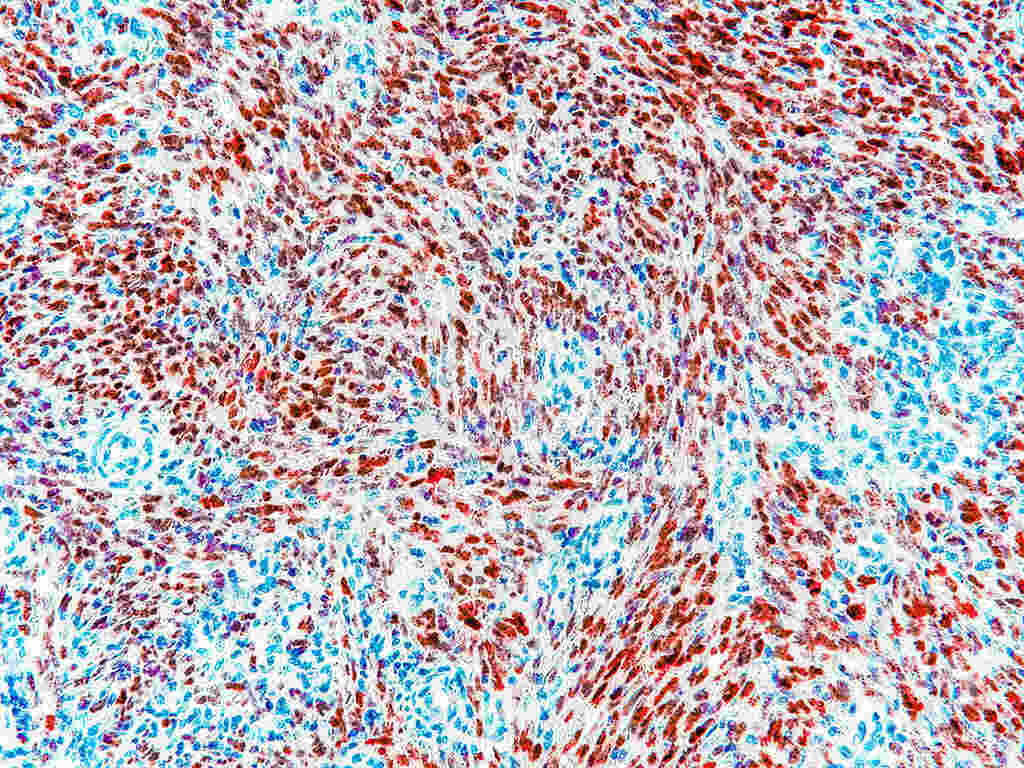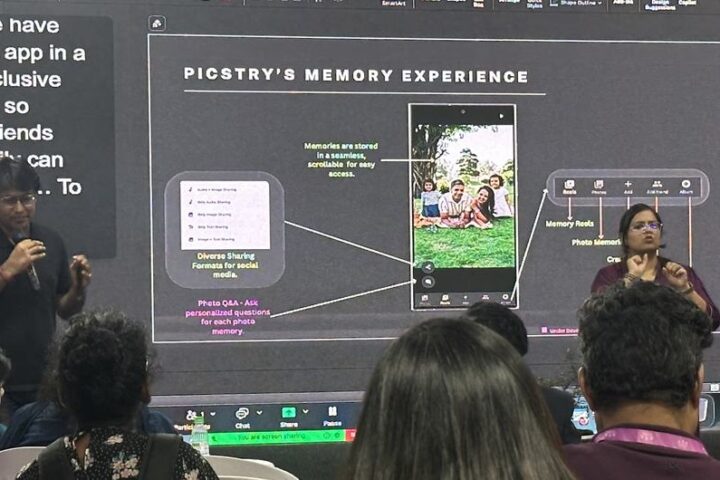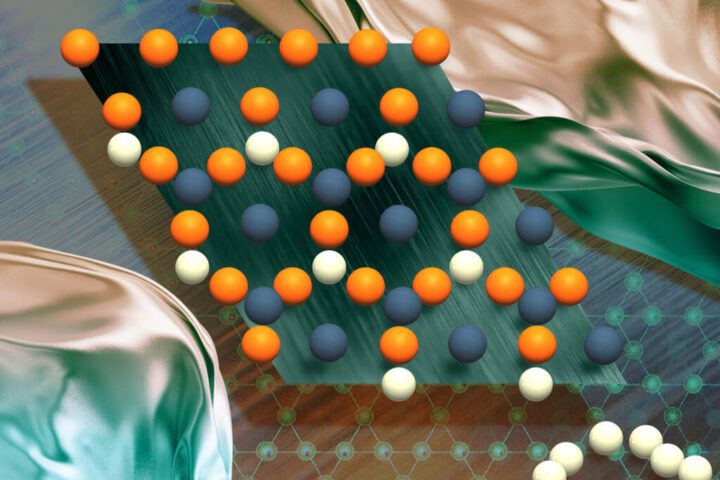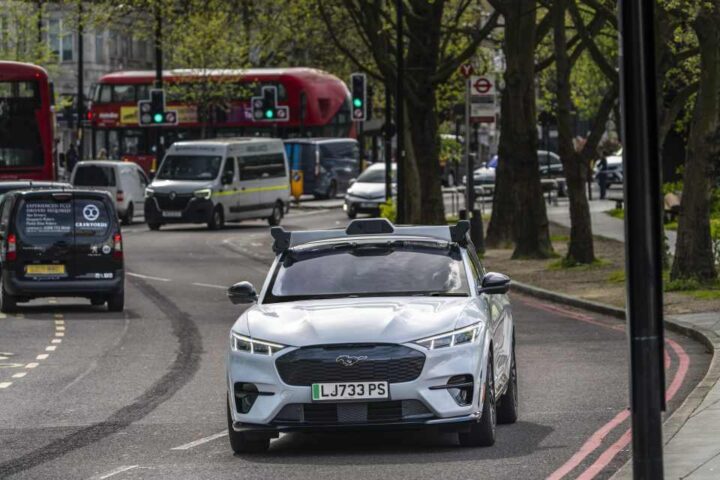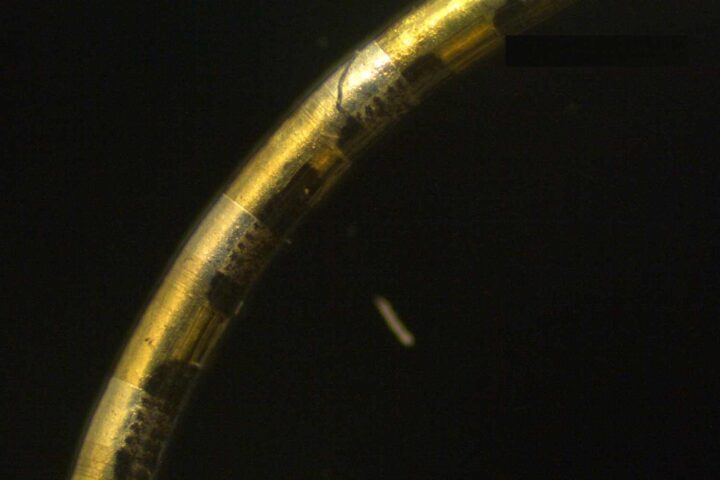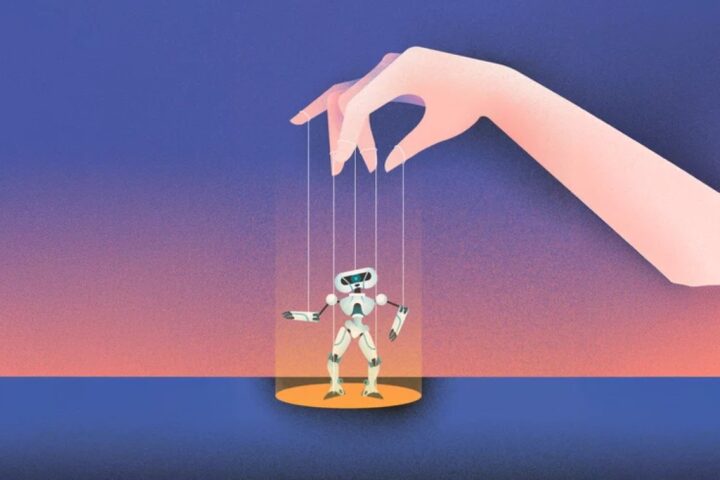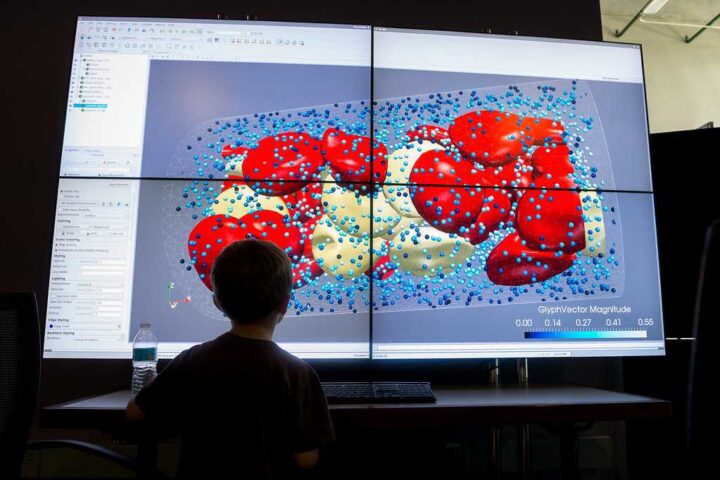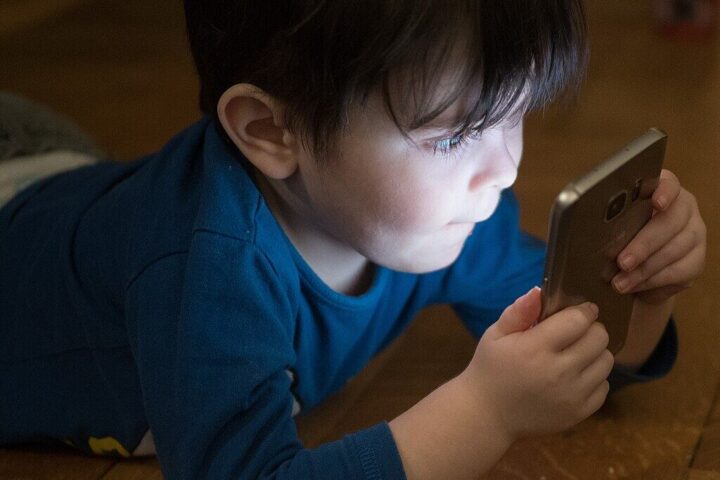President Donald Trump signed an executive order on September 30, 2025, that doubles funding for childhood cancer research using artificial intelligence. The Childhood Cancer Data Initiative (CCDI) will now receive $100 million annually, up from the previous $50 million.
The boost aims to use AI technology to improve how doctors diagnose and treat cancer in children. Cancer remains the leading cause of disease-related death among American children, with rates rising by more than 40% since 1975.
“We’re going to defeat childhood cancer once and for all,” Trump said at the White House signing ceremony, surrounded by children who have battled cancer.
The initiative collects health information from every child diagnosed with cancer across America. This data will help scientists better understand childhood cancers and develop treatments that are less harsh on young bodies.
Health and Human Services Secretary Robert F. Kennedy Jr. described the initiative as a way to “harness American innovation” in artificial intelligence to find cures for pediatric cancer.
Similar Posts
NIH Director Jay Bhattacharya highlighted why better treatments are urgently needed: “The treatments these little kids undergo involve therapies like chemo and radiation that put them through hell. Even though 85% will be cured, the therapies themselves can cause health problems if these kids age into adulthood. Nearly 60% of childhood cancer survivors experience severe life-threatening complications in adulthood.”
The executive order directs the Make America Healthy Again (MAHA) Commission to work with the White House’s Office of Science and Technology Policy to use AI for improving clinical trials, making diagnoses more precise, and creating gentler treatments.
However, this funding increase comes amid concerns over broader cuts to cancer research. The Trump administration has proposed reducing research initiatives at the National Cancer Institute by more than 37% and has already cut hundreds of scientists from the federal payroll.
Some programs, like the Pediatric Brain Tumor Consortium, which has conducted research for 25 years, learned in August they would lose federal funding. These cuts have affected families hoping to join clinical trials for new treatments.
Mark Fleury from the American Cancer Society noted that even a 10% cut in NIH funding would result in 30 fewer drugs developed within 30 years.
For families at the signing ceremony, the AI initiative offers hope. Joshua Armstrong, whose daughter was diagnosed with leukemia at age 2, told Trump he’s often wondered why better treatments aren’t available for children with cancer.
“Doctors are going to be able to get better treatments faster to patients like Laurel,” Armstrong said of his daughter.
The CCDI was initially established by Trump in 2019 with $50 million in annual funding intended to continue for 10 years. The new executive order expands this commitment while focusing specifically on using artificial intelligence to analyze health data and accelerate research progress.
